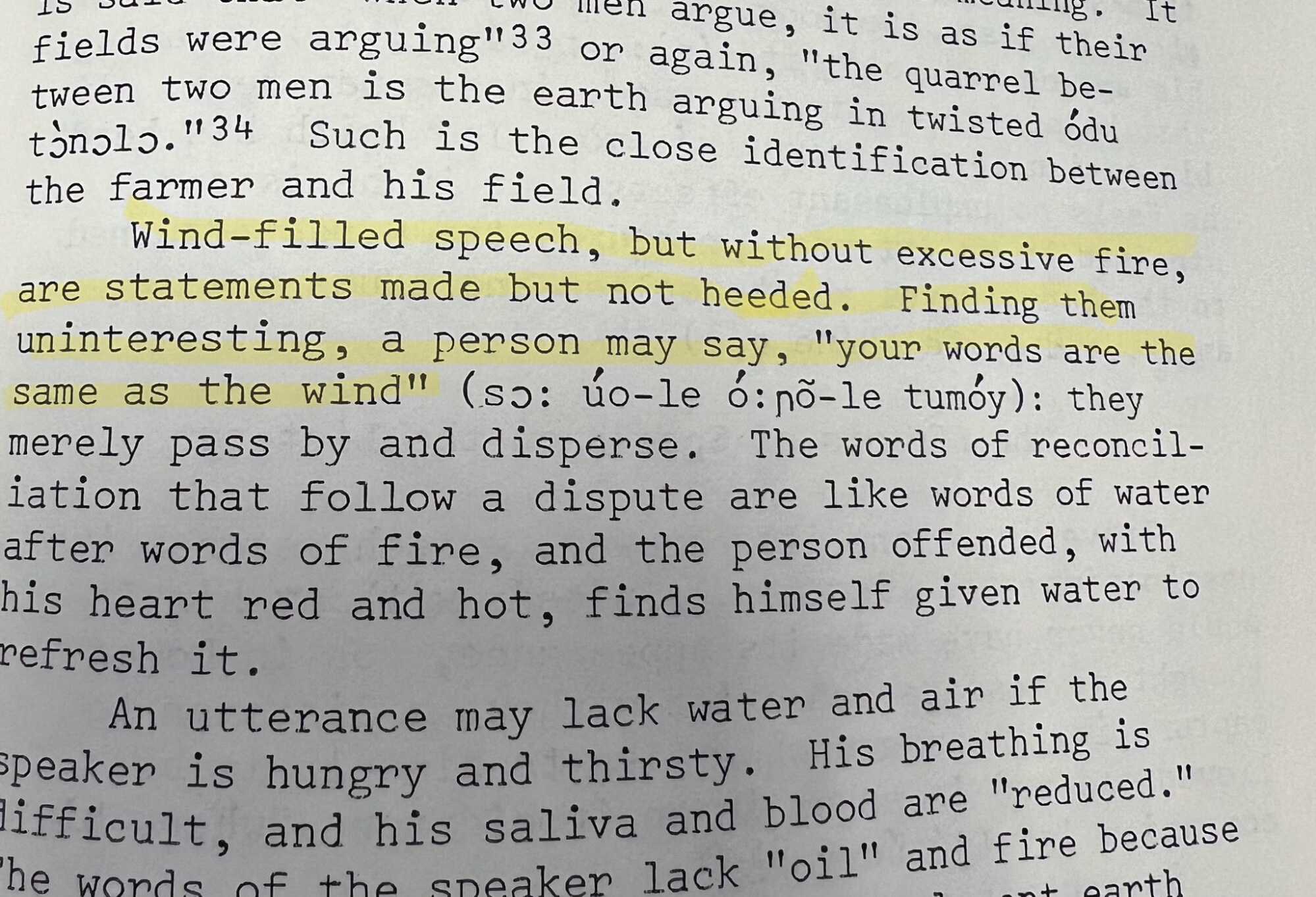COOP ~ An Invitation to Action - A Basis for Hope from Day to Day
Seminar 1: 10 - 12 December 2024
On Words and Sincerity
A glossary for our introductory confluence.
Breath
Ensemble
Community
Plea
Sincerity
Tools
Value
The ideas that laboured on Thami Mnyele began their work on him while he was still young. They moulded him. Sharpened him. Eventually, they wielded him. They wielded him into the expression of Thami Mnyele that we know him to be today. The third of five children. The son of a man who preached (and did other things). The son of a woman who did domestic work (and did other things). A son who grew into a person who would take up the fight for his own and his country’s freedom. A son who wielded both the rifle and the paintbrush.
Revolutionary ideas expressed Thami Mnyele in many ways. As these ideas expressed him, they were constantly in pursuit of an ever greater sincerity. For a time, that sincerity of expression eluded them as it eluded him. It eluded them for reasons of which we can only speculate… As a result perhaps, of Thami’s own unpreparedness. As a result perhaps of his inability to serve as a suitable conduit for these ideas. The capacity for honesty. The capacity for sincerity.
………..
We will begin our COOP study group with an exploration of words and ideas. Words that we know, words we have borrowed, words we have invented, words we might take for granted. We will explore our ideas. Ideas we might share, ideas we would like to understand better, ideas that might oppose one another, ideas that are working on us.
“Our work hasn't yet developed above the mere stage of protest: we're still moaning and pleading. And even that we do with inferior craftsmanship and insincerity. We must partake actively in the struggle to paint sincerely.” - Thami Mnyele
Tuesday 10th:
Morning (10:30 – 13:00)
-
- Introductions and interruptions
- Discussion of COOP expectations
Afternoon (14:00 – 19:00)
- Forest walk and reading camp. We will introduce the pedagogical and discursive methodologies of this coop.
- “[Reading slowly] is opposed to a ‘close reading’ that suggests very careful examination can yield a transcendent meaning from within the text. Our reading is slow because we read together not to master the reading but to unlearn each time what we know. We don’t study to graduate, to get credit, to finish. We study to help each other get incompletes. We study to go into debt with each other. We read slow to let things fall apart, to help each other fall apart, to hold each as we fall apart.”
-
- Harney,Thompson (Ground Provisions, 2018)
- Ground Provisions
- Slow reading Pedagogy of the Oppressed - Chapter 2
- Slow reading Walter Benjamin with Leo Asemota
Evening (20:00 – 22:00)
-
-
- Film Screening: Battle of Algiers, 1966
-
Wednesday 11th:
Morning (10:30 – 13:00)
-
- Collaborative writing Exercise
Afternoon (14:00 – 19:00)
-
- Ghassan Kanafani - Letter from Gaza
- Listening session
Evening (20:00 – 22:00)
-
- Film Screening - tbc
Thursday 12th:
Morning (10:30 – 13:00)
-
- Listening session
Afternoon (14:00 – 19:00)
-
- Collaborative writing exercise
- COOP presentations on “Sincerity”

